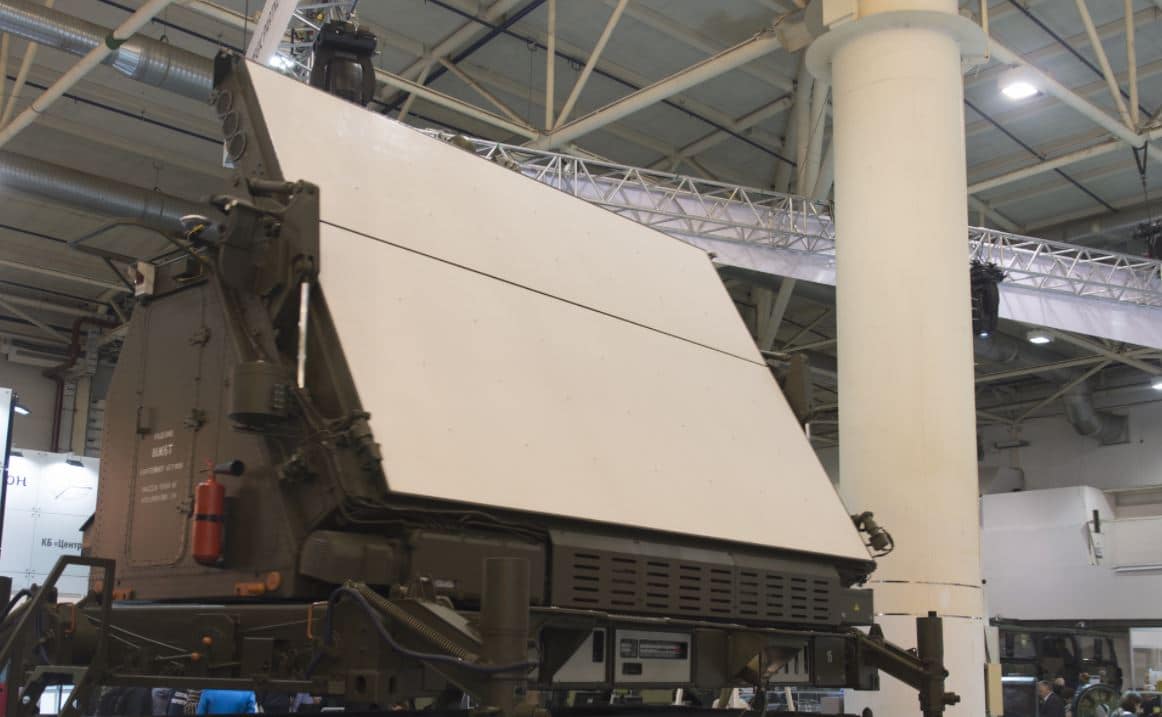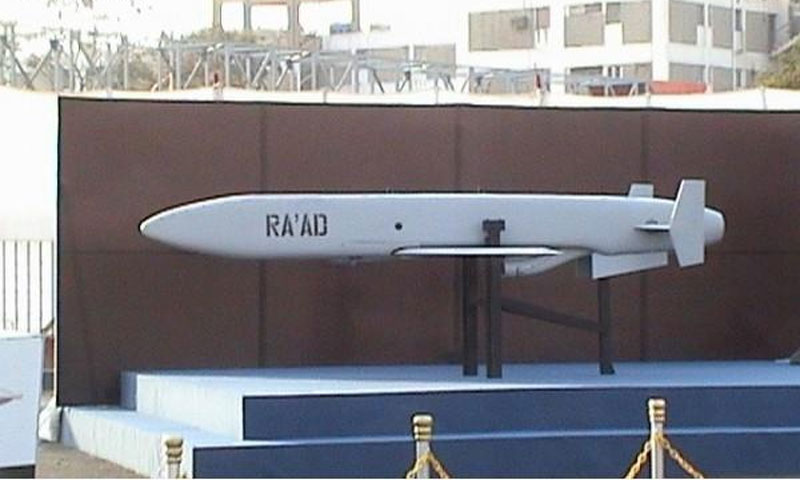2792Views 4Comments

Ukraine’s Iskra to begin testing 80K6T air surveillance radar
UkrOboronProm announced that its Iskra Scientific Production Complex will begin testing the land-based active-phased array air surveillance and air defence radar 80K6T.
UkrOboronProm states that the Iskra 80K6T is designed to detect targets and operate in-concert with the surface-to-air missile (SAM) systems used by the Ukrainian Armed Forces. The 80K6T will also be able to operate as part of a network-enabled force within Ukraine.
The 80K6T is an S-band 3D radar, it can provide information of the target’s range, azimuth and altitude. With a maximum detection range of 500 km and maximum altitude coverage of 40 km, the 80K6T can track up to 500 targets simultaneously.
The 80K6T can pick-up fighter-sized targets – i.e. 3m2 RCS (radar cross-section) – at 350 km and at altitudes of 10 to 30 km. Iskra says that the 806KT has scanning intervals of 5, 10 and 20 seconds.
Each of the 80K6T’s solid-state transceivers has a peak power of 30 kW. It can emit up to 16 beams can detect small targets, including terrain-hugging cruise missiles. Iskra states that the 80K6T provides radar clutter suppression and has strong defensibility against enemy electronic warfare (EW) jamming.
Logistically, the 80K6T comprises of two transportable pieces – the radar equipment and the radar station for operators and the power generators. It can be ferried using light transport aircraft. As per Iskra, the radar can be deployed in 15 to 20 minutes.
Notes & Comments:
The 80K6T is an example of Ukraine’s efforts to concurrently revitalize its defence industry and re-equip its national armed forces. In August, Ukrainian President Petro Poroshenko stated that Kiev’s objective is to develop and produce “new missile weapons, cruise missile systems, modern artillery systems, precision munitions, unmanned aerial vehicles, electronic warfare complexes, counter battery radars [and] space reconnaissance [systems].” Besides investing in new programs (or reviving shelved ones), Ukraine is also partnering with overseas partners – including Turkish and U.S. companies – to develop new solutions.
The 80K6T aims to provide an analogous capability to the Saab Giraffe 4A, Hensoldt TRML-3D/32 and -4D and Thales Ground Master, among others. However, while the 80K6T has promising specifications, actual performance and reliability has yet to be tested. If available on the export market, the 80K6T can provide a capable non-Western solution, especially for Ukraine’s traditional client base.
It is not known if Ukraine will extend Iskra’s development work to include other radar solutions, such as naval surveillance and fire-control radars, weapon-locating radars or airborne early warning and control (AEW&C) radars. However, Poroshenko’s statements from August outline the objective of fulfilling Ukraine’s core requirements with domestically developed and produced solutions.



4 Comments
by ahmria
Could Pakistan potentially be interested in this radar? The detection range and altitude sounds quite respectable and if its reliable and a good deal can be made it might be an interesting option for themilitary.
by Bilal Khan
It’d be worth evaluating, if anything.
by Andy Markov
How about designing a phased array in Pakistan and not licence producing it?
by ahmria
It would be worth evaluating both radars in Pakistan in trials and if they prove reliable and effective in local conditions would be worth negotiating a sale of some units to building and modernising the local air defense network.